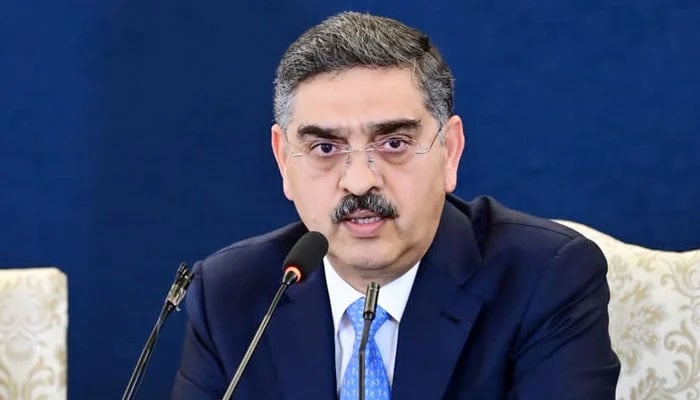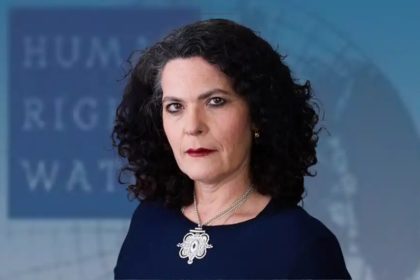RASC News Agency: Former Prime Minister of Pakistan, Anwaar-ul-Haq Kakar, has voiced grave concerns about Afghanistan under Taliban rule, asserting that the country has become a sanctuary for terrorism, thereby heightening fears among its neighbors and destabilizing the region. Over the past month, these apprehensions have intensified, with the Taliban accused of harboring extremist groups and implementing policies that have not only oppressed Afghan citizens but also fueled regional insecurity. In his recent remarks, Kakar highlighted that leftover NATO weaponry in Afghanistan has exacerbated terrorism across the region. However, he underscored Pakistan’s commitment to its regional responsibilities, stating that unlike the United States, Pakistan will not disengage from Afghanistan.
Speaking at a forum in Islamabad on Monday, January 13, Kakar remarked, “These weapons have fallen into the hands of militants, creating a significant threat to the region’s security.” The former Pakistani leader accused the Taliban of supporting extremist groups and went as far as to label the group itself as a terrorist organization.
“There are credible reports that American weapons have been acquired by the Pakistani Taliban and are now being sold openly in black markets,” he said. Kakar also reflected on Pakistan’s 2014 military operation in North Waziristan, asserting that the campaign failed to fully eradicate terrorism.
He stated, “In 2014, Pakistani Taliban fighters sought refuge in Afghanistan. Once they found a favorable environment, they resumed their attacks on Pakistan.” Emphasizing Pakistan’s stance, Kakar declared that the country cannot abandon Afghanistan in the manner the United States did.
“Even if combating terrorism takes a century, Pakistan will continue its efforts,” he affirmed.
The former prime minister delivered these remarks during the launch of the “Comprehensive National Security Charter” at the Institute of Security and Crisis Studies in Islamabad. It is worth mentioning that while the Taliban gained power in Afghanistan with Pakistan’s support, their current relationship with Islamabad has soured, leading to heightened tensions between the two.






